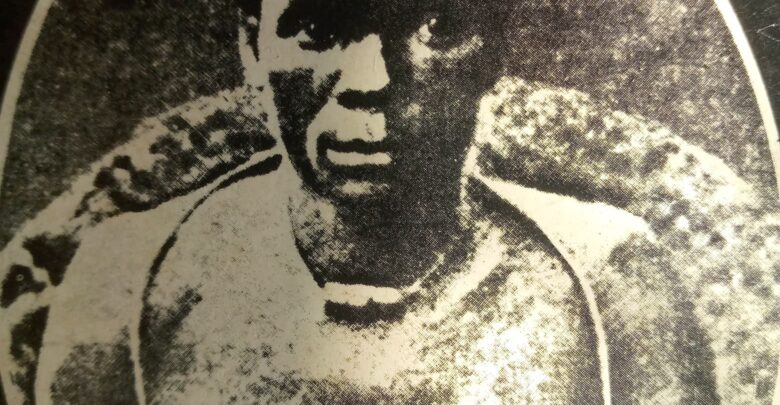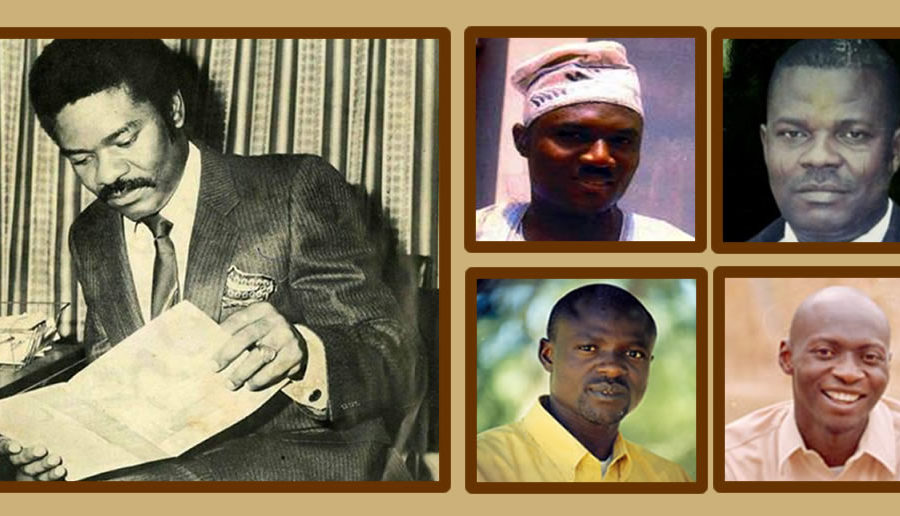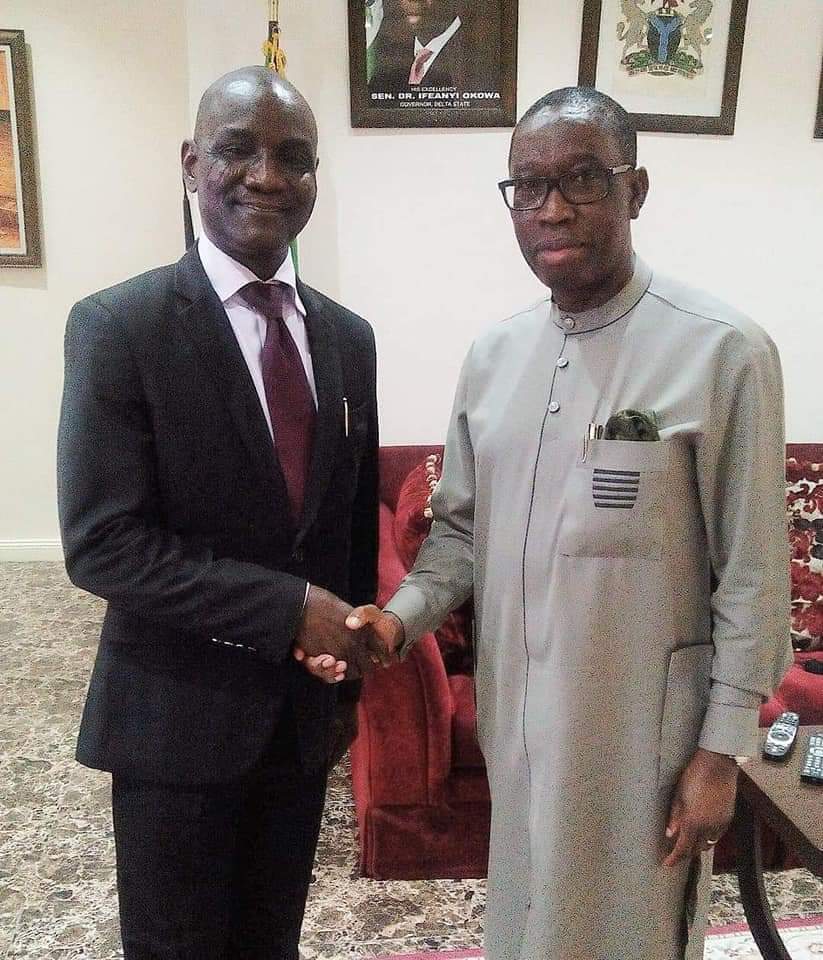News
Olomu Descendants of Koko Replaces Family Head from Elders’ Council

By: Emma Arubi
The Olomu family stock of Ugogomeje of the ancient koko community in Warri North LGA of Delta State has withdrawn their Olori-Ebi (Head) as one of their representatives in the Ugogomeje elders council with immediate effect.
The family in a letter addressed to the Olare-Aja (Community Head) of koko dated March 27, 2025 and signed by Comrade David Ofofo, the Olomu family secretary titled: “Withdrawal of Mr. Edward Diabo as one of the Olori-ebi representing the Olomu Family in the Ugogomeje Elders Council” stated that the decision to remove him from the position derives from the investigation of his activities which are detrimental to the interest of both the entire koko community and the Olomu family in particular at a meeting of the family held on March 27, 2025 at koko town.
The letter pleads that the community ceases to relate with Mr Edward Diabo henceforth
in every respect on behalf of the Olomu family.
According to the letter, Pa. Emmanuel Atsomere, a seasoned Engineer and resourceful personality with impeacable character traits and a technocrat per excellence has been appointed as replacement in the elders council.
It further requested that Pa. Atsomere be accorded all the privileges he deserves regards in the discharge of his functions while apologizing for the alleged misdemeanor of the replaced Mr. Edward Diabo.
The Olomu family stock of Ugogomeje of the ancient koko community in Warri North LGA of Delta State has withdrawn their Olori-Ebi (Head) as one of their representatives in the Ugogomeje elders council with immediate effect.
The family in a letter addressed to the Olare-Aja (Community Head) of koko dated March 27, 2025 and signed by Comrade David Ofofo, the Olomu family secretary titled: “Withdrawal of Mr. Edward Diabo as one of the Olori-ebi representing the Olomu Family in the Ugogomeje Elders Council” stated that the decision to remove him from the position derives from the investigation of his activities which are detrimental to the interest of both the entire koko community and the Olomu family in particular at a meeting of the family held on March 27, 2025 at koko town.
The letter pleads that the community ceases to relate with Mr Edward Diabo henceforth
in every respect on behalf of the Olomu family.
According to the letter, Pa. Emmanuel Atsomere, a seasoned Engineer and resourceful personality with impeacable character traits and a technocrat per excellence has been appointed as replacement in the elders council.
It further requested that Pa. Atsomere be accorded all the privileges he deserves regards in the discharge of his functions while apologizing for the alleged misdemeanor of the replaced Mr. Edward Diabo.



